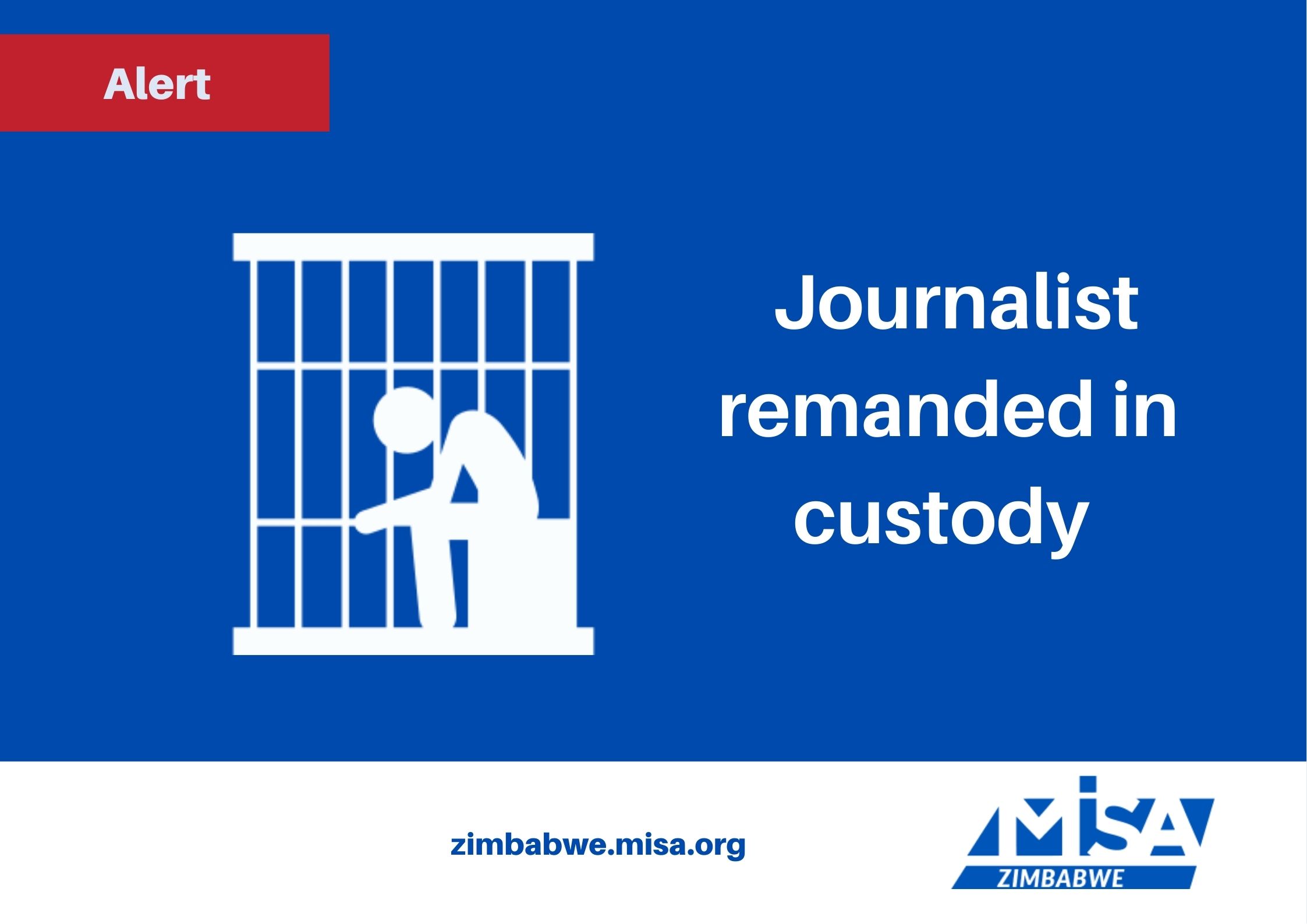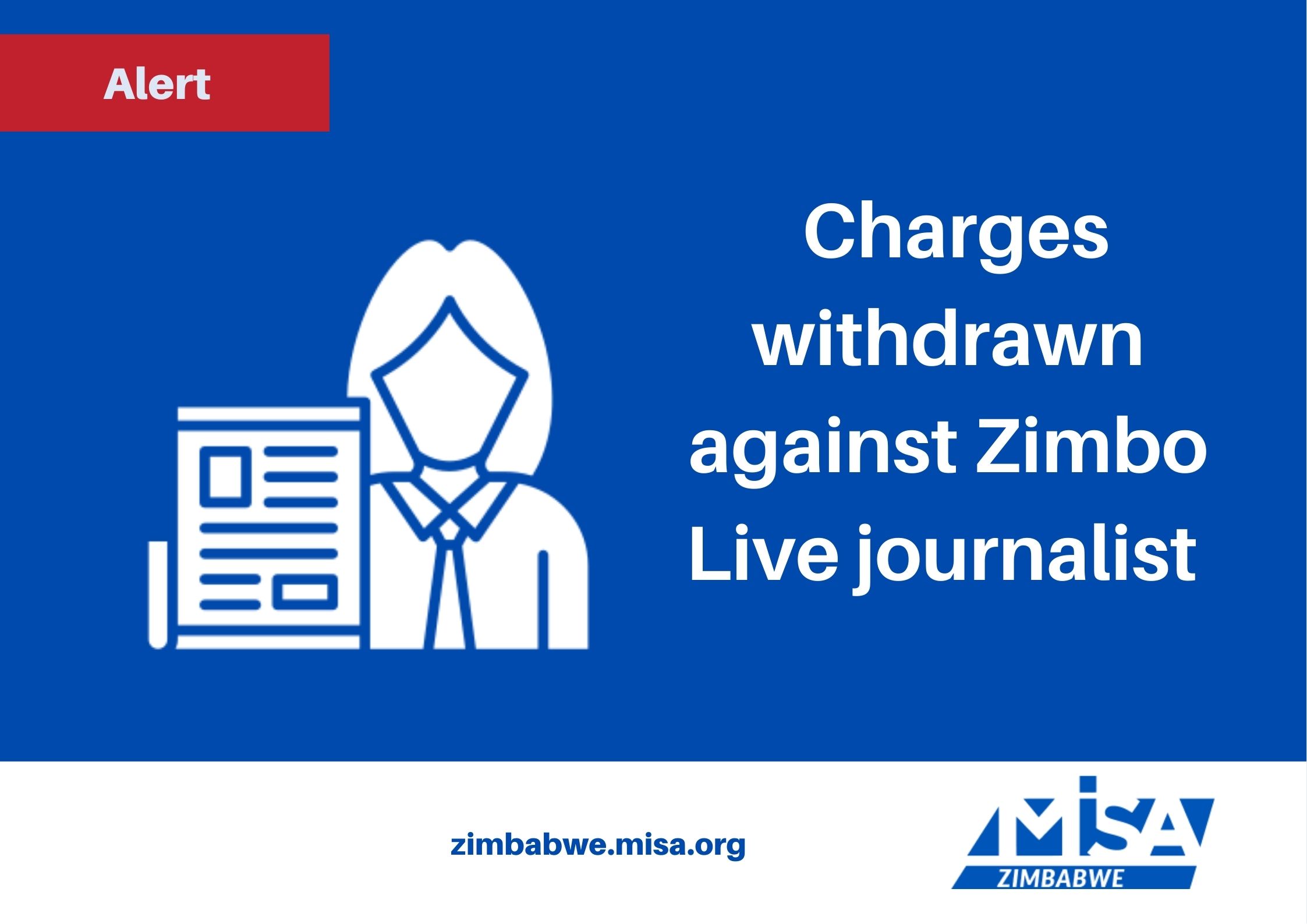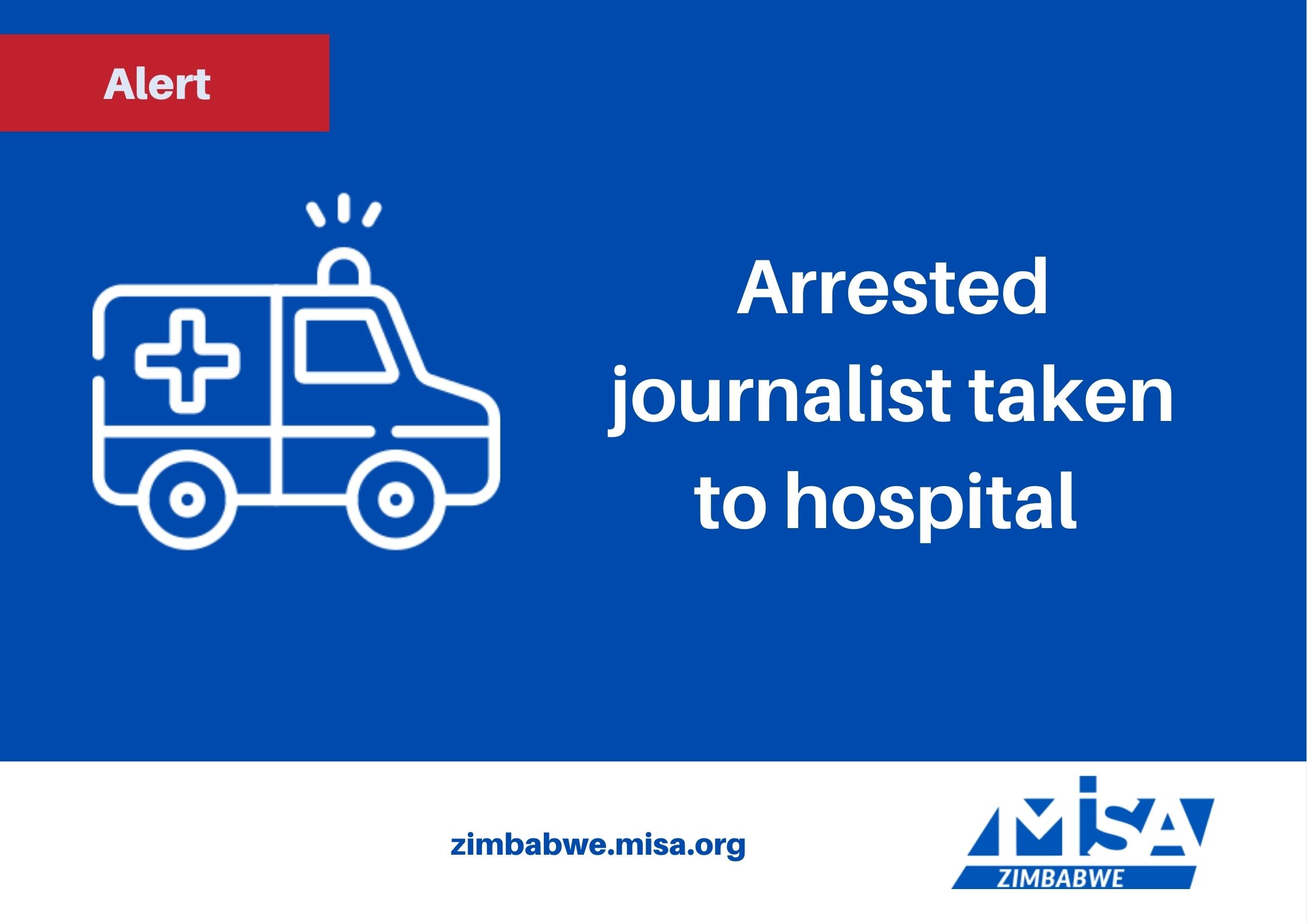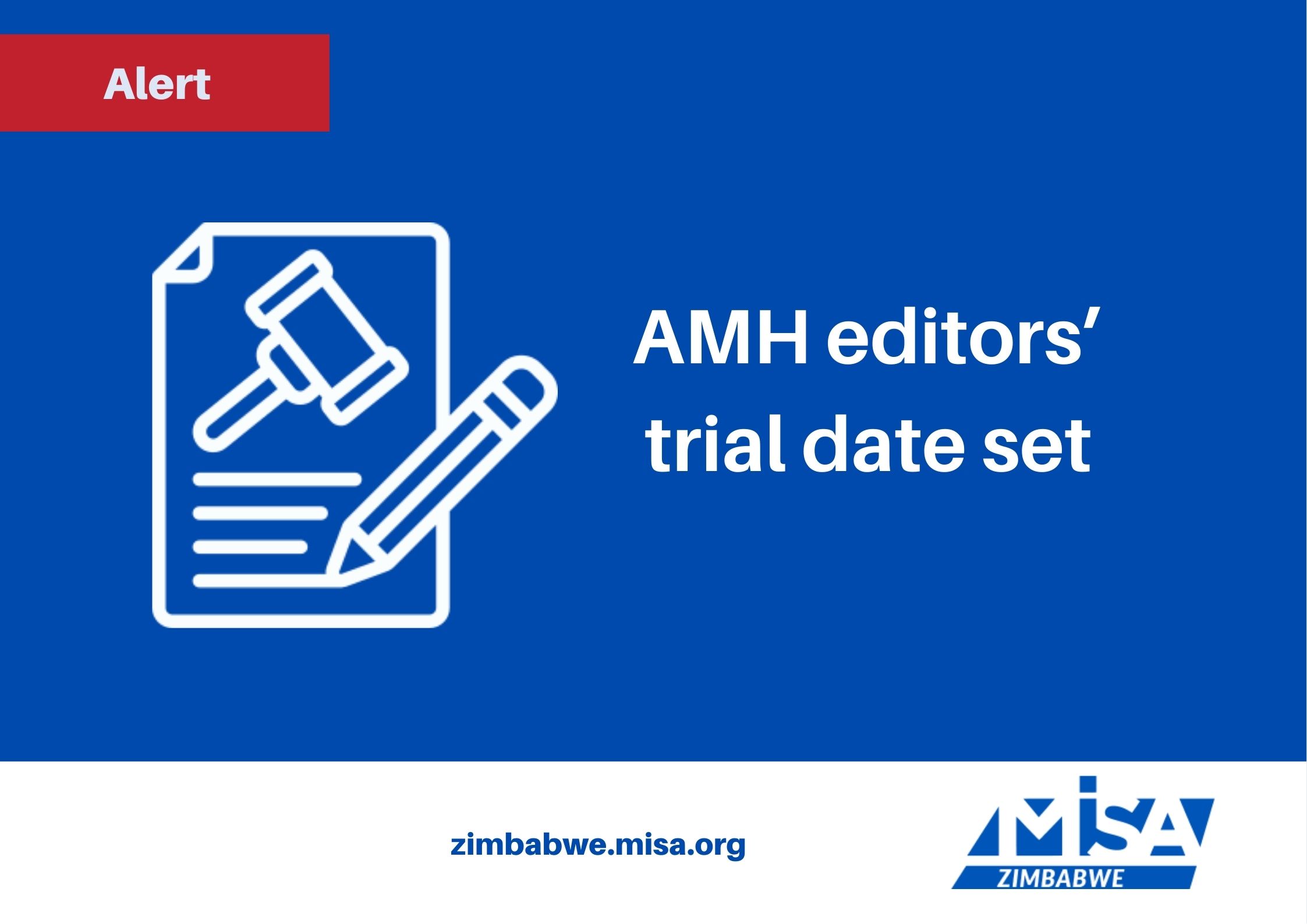Introduction
In June 2021, the South African government gazetted the SABC Bill, which seeks to repeal the current Broadcasting Act, 1999 (Act 4 of 1999).
The proposed law seeks to strengthen the efficiency of the operations of the SABC, a public broadcaster.
The government says the Bill proposes, among other changes, the streamlining of the board of the SABC, which will strengthen its responsibilities and accountability. It also proposes reforms in the SABC’s funding model and the TV licensing system, the government says.
The government has since begun public consultations on the Bill.
Analysis
The Bill broadly aims to fix the ailing public broadcaster via the following:
- To repeal the Broadcasting Act of 1999.
- To regulate the continued existence of the South African Broadcasting Corporation SOC Ltd.
- To provide for its governance.
- To amend the Independent Communications Authority of South Africa Act 2000 and the Electronic Communications Act of 2005.
- To provide for matters connected therewith.
Criticism:
- No funding model
Despite the funding crisis at the broadcaster, the Bill continues to propose that the SABC should be funded from advertising, subscriptions, sponsorships, license fees, government donations, or any other amounts to which the corporation may become entitled.
The Minister of Communication and Digital Technologies, in consultation with the Minister of Finance alone, is tasked with identifying a new funding model. He is required to do so within three (3) years of the Bill coming into force.
The Bill therefore, fails to address critical issues of financial stability by not outlining a mechanism to mitigate the financial crisis.
- Seeks to give Minister new powers
The Minister essentially is to have veto powers over the following:
- The appointment of each member of the board of the commercial industry.
- The appointment of the Chairperson of the board of the commercial subsidiary and
- The remuneration and allowances of the board members of the commercial subsidiary.
By making the SABC subject to Ministerial veto, it invites executive and political interference. It also exacerbates concerns of undue influence in editorial decisions, particularly in the run-up to the 2024 elections.
- Merging of CEO office
The regressive requirement of making the CEO, and not the Head of News, to be also the Editor-in-Chief creates room for potential cadre deployment and government agendas to flourish.
- No policy change
The Bill creates a subsidiary commercial company and board not tasked with SABC’s broadcasting and financial sustainability. Its formation is not justifiable.
The creation of a commercial board, appointed in consultation with the Minister, which is not appointed by Parliament and thus threatens the SABC’s independence. It fails to stipulate time limits for the Presidential appointments to the SABC board.
Based on the issues raised above, adding the fact that the public needed to be given an opportunity to comment on the Bill before it went to Parliament.
The Bill should be withdrawn and re-drafted to align it to constitutional provisions.













